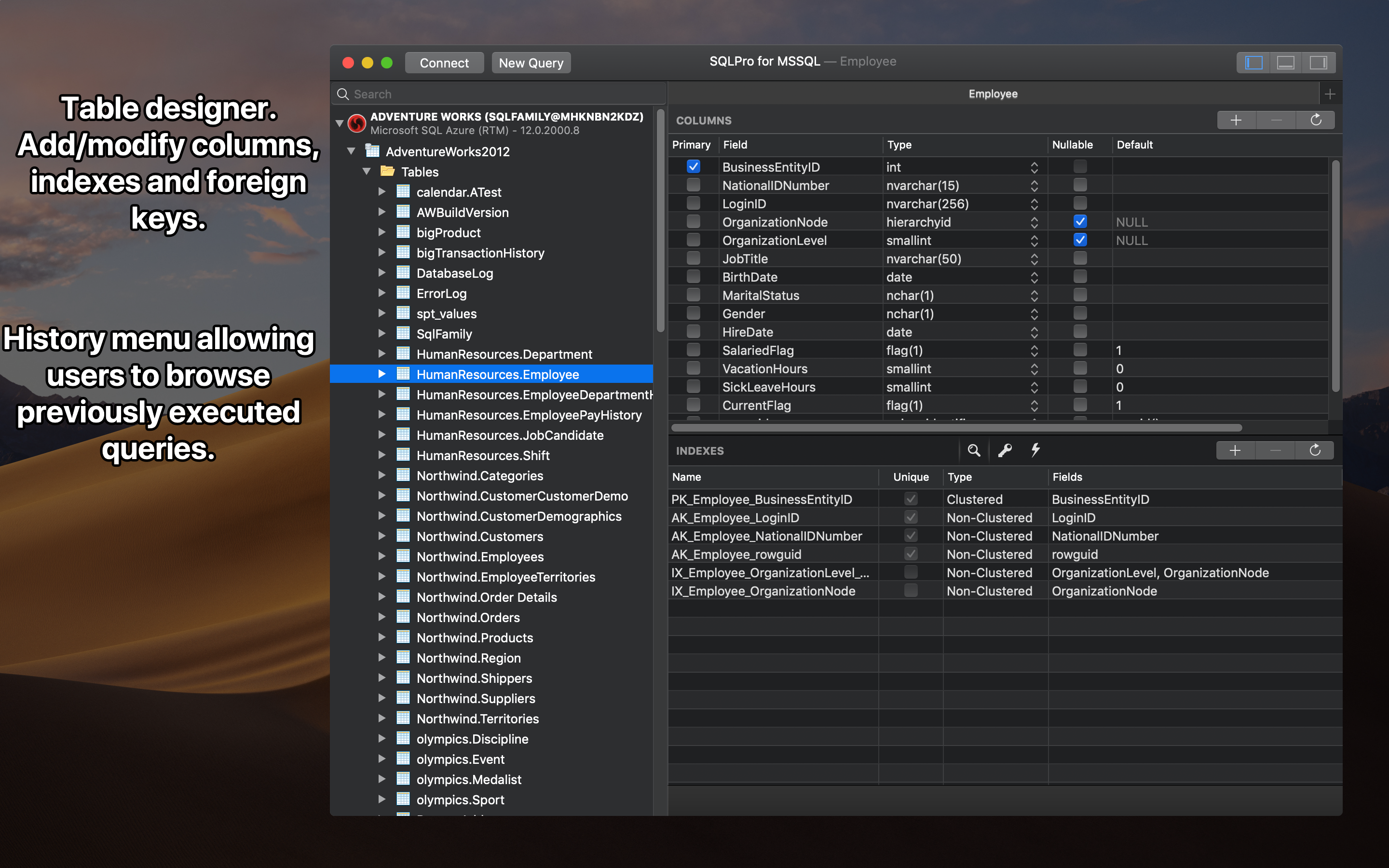
These factors make it much faster, and often much cheaper, to scale out a NoSQL database to keep up with rapid growth.

The decentralized nature of NoSQL also makes it a far better option for organizations who need or want to migrate their database to the cloud. In addition, because NoSQL databases are designed to be distributed, it lowers the performance load-and therefore the performance requirements-of the individual pieces of hardware that are used.

In the modern era of Big Data, however, the rapid growth of the database often exceeds the speed at which such a painstaking migration process can occur.īecause of NoSQL’s decentralized nature, however, a NoSQL database is far more adept at scaling horizontally, distributed across multiple hosts rather than a single monolithic server. This means that when a database begins to experience performance issues, the common solution is to migrate it to a larger hard drive or faster server. Scenarios involving the launch of a new app or service, where a company’s customer base can suddenly skyrocket into the millions, are perfect examples of the need for NoSQL.Ī traditional RDMS is designed to scale vertically. Rapid Data Growth and ScalabilityĪnother area where NoSQL shines is its ability to handle volatile data growth. Similarly, NoSQL is the obvious choice for scenarios where the data’s structure may be more static, but not fully known at the outset of the project. In contrast, NoSQL’s ability to handle an ever-changing data model make it ideal for molecular modeling, engineering parts, geo-spatial data and similar applications, all of which revolve around data that is constantly changing and evolving. The reason is obvious: changing the database structure later is often a time-consuming and expensive affair. Traditional RDMS relies on static data structure-in fact, best practices stipulate the establishment of a database schema before any coding even begins.

One of NoSQL’s greatest strengths is its ability to handle flexible data storage. If your organization is in the process of deploying a new database solution, when should you consider NoSQL over traditional RDMS (relational database management system)? Let’s look at several scenarios where a NoSQL database may be a better option. Bridge the Gap Between Security and Developers


 0 kommentar(er)
0 kommentar(er)
